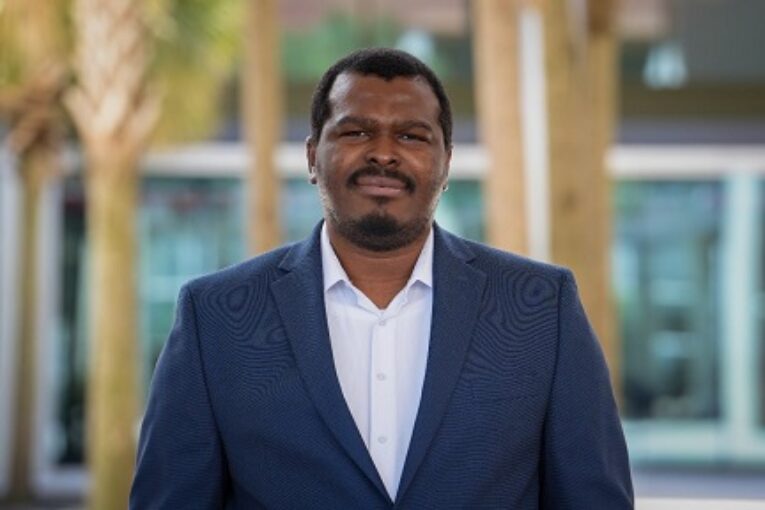
A United States-based Nigerian scholar, Collins Obidiagha, has emerged among twelve participants selected from over 100 applicants for the prestigious China Business Immersion Programme, a study and business tour aimed at exposing participants to China’s evolving economic and business ecosystem.
Obidiagha, an international MBA candidate at the Darla Moore School of Business, University of South Carolina, shared insights from the programme in a feedback publication titled, “Nigerian Scholar in the US Shares Lessons for Nigeria’s Economic Rebirth.”
He described engagements with major corporations, including Xiaomi and Syngenta, and interactions with students and leaders at Peking University and Jiaolong as providing valuable lessons on how infrastructure drives national growth.
He said, “China’s infrastructure operates like a well-oiled machine. It never ceases to amaze me that an order can be delivered almost anywhere in the country within thirty minutes. That’s the power of an efficient logistics network built on solid infrastructure.”
Obidiagha highlighted China’s sustained commitment to infrastructure-led development, noting that its supply chain smoothness index, which stood at 7.30 in 2010, remains strong at 6.10 in 2022. By contrast, he lamented that Nigeria’s infrastructure stock, estimated at just 30 per cent of GDP, falls far below the World Bank’s recommended benchmark of 70 per cent. He described the situation as a “metaphorical case of kwashiorkor,” warning that chronic underinvestment impedes productivity, poverty reduction, and sustainable growth.
“Only about 30 per cent of Nigeria’s 200,000 kilometres of roads are paved, while the rail network remains underdeveloped due to vandalism, poor maintenance, and funding gaps. Power generation still averages below 5,000 megawatts for a population exceeding 200 million,” he said.
Citing the World Bank’s Africa Infrastructure Country Diagnostic Report, Obidiagha argued that bridging Nigeria’s infrastructure gap would require a sustained annual expenditure of around $14.2 billion over the next decade, roughly 12 per cent of GDP.
By comparison, he noted that China invested around 15 per cent of its GDP in infrastructure during the mid-2000s.
To address the challenge, he proposed that the Federal Government increase infrastructure spending to at least 10 per cent of the 2026 national budget, rising to 12 per cent in subsequent cycles, financed through “disciplined reprioritisation, blended finance, and targeted borrowing.”
Drawing parallels with China in the 1970s, when only 20 per cent of its roads were paved, Obidiagha expressed optimism that Nigeria could replicate China’s transformation. “Making infrastructure the engine of our economic revival is not just a strategy, it’s the key to unlocking Nigeria’s potential. With sustained investment and governance discipline, Nigeria can achieve the kind of modernisation that has defined China’s last two decades,” he concluded.
Nigerian scholars continue to make a global impact. In August, Deborah Agbakwuru won the prestigious Besancon Scholarship at the University of Montana, while Peter Ngene, a Nigerian-born researcher, secured a €2 million grant from the European Research Council for his work on ionic conductivity in nanocomposite solid-state electrolytes.




